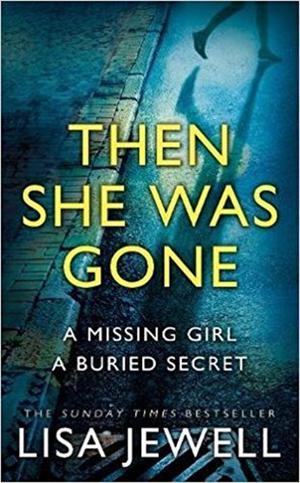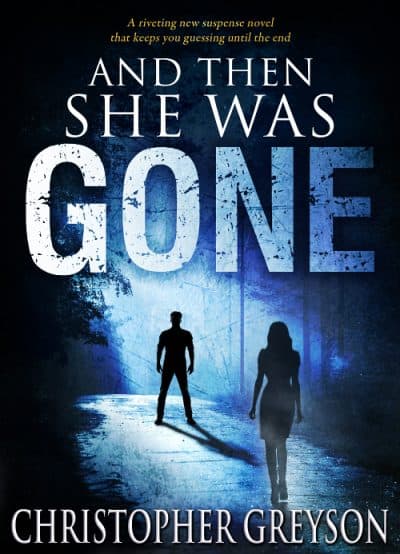
Throughout the novel, Laurel has moments in which she feels something is not quite right, but often writes it off as paranoia as a result of losing her daughter. Do you think it’s normal to have a favorite child? How should parents handle these feelings if they arise?ħ. For much of the book, Laurel and her daughter Hanna have a fraught relationship as Laurel fails to let go of unfavorable comparisons between Hanna and Ellie.

Why do you think Lisa structured the book this way? How would you categorize each section-what makes it distinct from the other parts of the book?Ħ. Then She Was Gone is divided into six parts. What was your impression of Poppy when she is first introduced? Did this change over the course of the book, and if so, how?ĥ. Did you think Lisa Jewell’s portrayal of Laurel and her journey was realistic? Could you relate to the way she dealt with her grief, or did you find it alienating?Ĥ. In the prologue, it says "Looking at it backward it was obvious all along." Now that you’ve finished the novel, do you agree? What "warning signs" referred to in the prologue might Ellie have spotted if she’d been more aware?ģ. How soon did you guess what really happened to Ellie, and if you did, did it affect your enjoyment of the book?Ģ.

Yet many questions are answered quite early on in the book. Then She Was Gone is, first and foremost, a mystery.


 0 kommentar(er)
0 kommentar(er)
